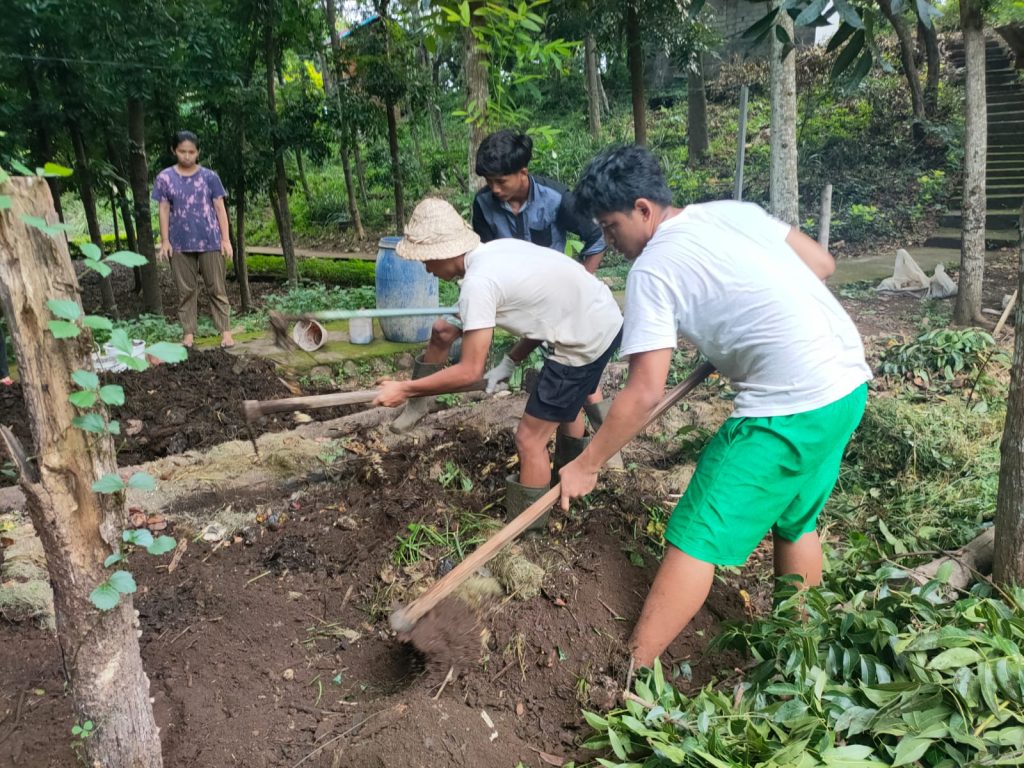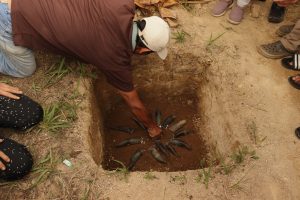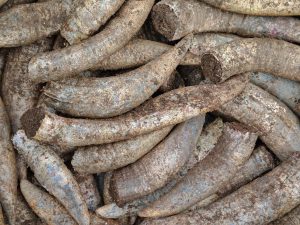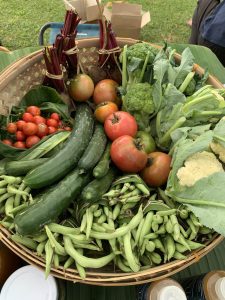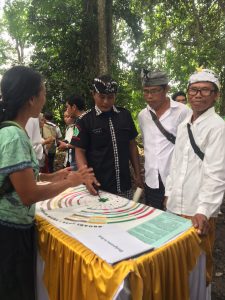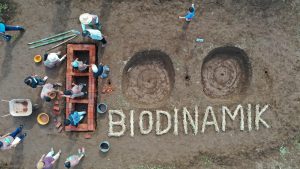Biodynamic farming is a holistic and regenerative approach to agriculture developed by Austrian philosopher Rudolf Steiner in the early 20th century. Unlike conventional farming, biodynamic farming views agriculture as a complete ecosystem where all elements—soil, plants, animals, and humans—work synergistically.
The biodynamic approach emphasizes sustainability and soil health. Soil is treated as a living organism that needs to be nurtured and its quality improved. To achieve this, biodynamic farmers use compost and special preparations made from natural materials such as minerals, plants, and animal manure.
A unique aspect of biodynamic farming is the use of a biodynamic calendar, based on lunar and planetary cycles, to determine the best times for planting, harvesting, and performing other fieldwork. This calendar is designed to enhance balance and harmony within the agricultural ecosystem.
With this holistic and regenerative approach, biodynamic farming focuses not only on producing healthy and high-quality food but also on restoring and preserving the environment. This approach is gaining popularity worldwide, especially among farmers concerned with sustainability and planetary health.

